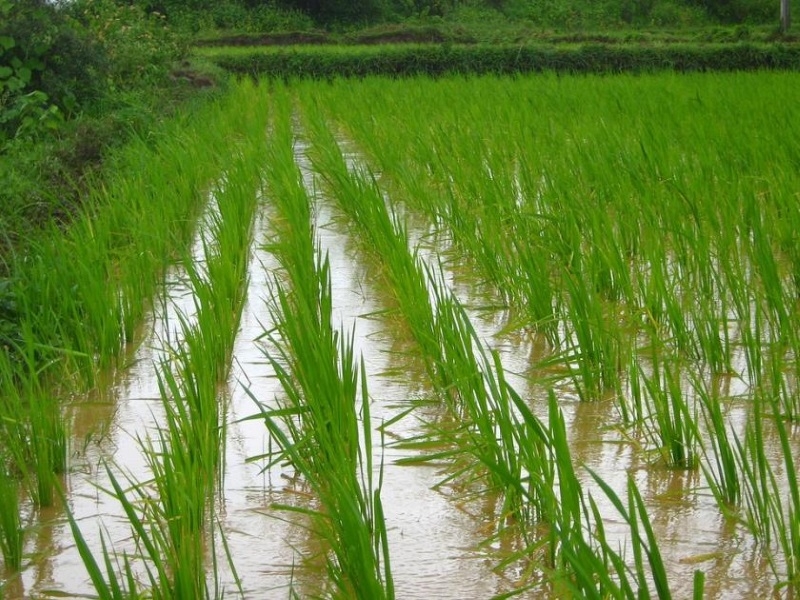Our food security and health are at stake!

United Nations, May 21: Today world is celebrating “World Biodiversity Day” for giving the public education and giving importance to no. of species being significantly reduced by human interference.
Addressing the day, UN Secretary-General, Antonio Guterres said, “Biological diversity is vital for human health and well-being. I urge all -- governments, businesses, and civil society - to take urgent action to protect and sustainably manage the fragile and vital web of life on our one and only planet”.
Nowadays, we have access to a greater variety of food than your parents or your grandparents once did. But even as the offerings become more diverse, the global diet as a whole - what people actually eat - is becoming more homogenized, and this is a dangerous thing.
This year’s celebrations of the International Day for Biological Diversity focus on biodiversity as the foundation for our food and health and a key catalyst to transforming food systems and improving human health.
This is worrying from the point of view of sustainability, food security, biodiversity, and health.
Our food systems, nutrition, health, clean air, climate, and freshwater depend on biodiversity and healthy ecosystems, interdependent web of animal, plant, fungal and bacterial life. For instance, without pollinators—insects, birds and other animals who are pushed out of agricultural lands through the use of pesticides and insecticides, many of the foods we know and love would disappear.
Unprecedented human appropriation of the Earth is underpinned by a set of demographic and economic indirect drivers that have risen in scale and that interact with each other in complex ways, And we’re not doing enough in terms of fiscal policy to turn things around.
“There has been little progress at the global scale towards eliminating or phasing out subsidies harmful to biodiversity,” it notes, citing among others the case of prices of commodities and industrial goods that often do not reflect environmental and social costs.
Large-scale industrialization has caused widespread fragmentation of natural landscapes around the globe. Habitats that were once continuous are now compartmentalized and isolated, causing a spiraling decline of some species as they can no longer disperse to find food or mates, says UN Environment’s Frontiers 2018/19 report on ecological connectivity.
Shrinking biodiversity in agriculture, food systems, and diets
- In the last hundred years, more than 90% of crop varieties have disappeared from farmers' fields. Half of the breeds of many domestic animals have been lost, and all the world's 17 main fishing grounds are now being fished at or above their sustainable limits. Such developments have environmental, cultural and health impacts.
- Locally varied food production systems, which are more resilient to climate change, are under threat; agrobiodiversity is disappearing and, along with it, knowledge of traditional medicine and local foods.
- The loss of diverse diets is directly linked to diseases or health risk factors, such as diabetes, obesity and malnutrition, and has a direct impact on the availability of traditional medicines.
- Thousands of plant species exist on farms and in the wild; among them are millions of varieties, many of which are nutrient-rich and well adapted to local ecosystems.